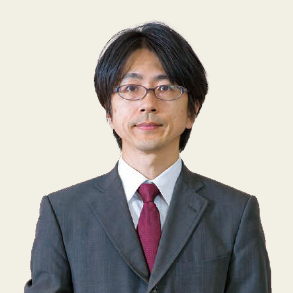
Associate Professor
Research Expertise / Satellite Meteorology, Applied MeteorologyHamada does research aimed at describing the statistical characteristics of cloud and precipitation in macroscopic sense, and relating them to their background atmosphere. He’s especially interested in the role of environmental moisture field in the precipitation formation processes, including extreme precipitation.
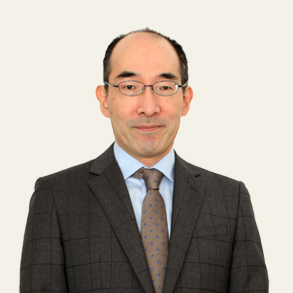
Professor
Research Expertise / Remote sensing of Earth's environment from spaceHori is interested in spatial-temporal distribution of snow and sea-ice cover in the polar regions to understand their roles in the recent climate changes and the impacts on other variables in the continental hydrologic cycle and the Earth radiation budget. He analyzes long-term changes in snow and sea-ice cover extent in the Northern Hemisphere using remotely sensed data from space.

Assistant Professor
Research Expertise / Physical VolcanologyHotta is interested in ground deformation around active volcanoes associated with accumulation, migration or emission of magma; and trying to understand style and process of magma intrusion mainly based on geodetic data such as GPS or precise leveling survey.
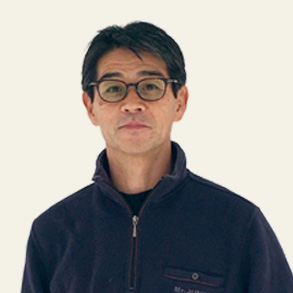
Professor
Research Expertise / Paleomagnetism, Rock magnetismResearch interest is magnetic informations (e.g., directions and intensities of remanent magnetizations, magnetic properties) in rocks and sediments, which are useful for investigating geomagnetic variation, tectonics and climate change.
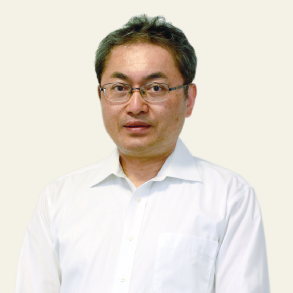
Professor
Research Expertise / VolcanologyIshizaki’s research interests are in the areas of volcanology and igneous petrogenesis. Specifi- cally, he uses field, chronological, mineralogical and geochemical information as tools to delineate and quantify the generation and storage of magmas, the evolution of magmas in shallow plumbing systems, and their behavior during volcanic eruptions.
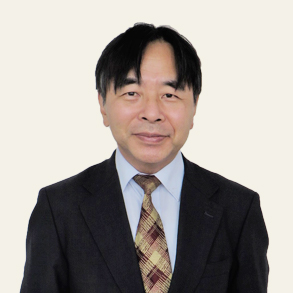
Professor
Research Expertise / SeismologyKatsumata studies source characteristics of earthquakes and crustal structure by analyzing seismic waves. He has investigated estimation methods of earthquake source parameters, characteristics of small slow earthquakes occurring on the plate boundary, and velocity structure beneath the Japanese Islands.

Associate Professor
Research Expertise / Environmental MagnetismKawasaki is interested in: 1) environmental magnetic monitoring of heavy metal contents related to mine waste, air pollution or roadside pollution; and, 2) paleomagentic and rock magnetic applications to hydrothermal deposits in order to understand their ore genesis and paleoenvironement.
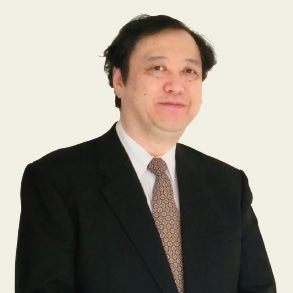
Professor
Research Expertise / 1. Economic Geology 2. Resource Geology 3. Ore MineralogyKomuro is interested in genesis of metallic ore deposits, including present sea-floor hydrothermal deposit and manganese crust. He tries to understand the formative processes and geochemical environment of ore formation based on geology, mineralogy, petrology and geochemistry.
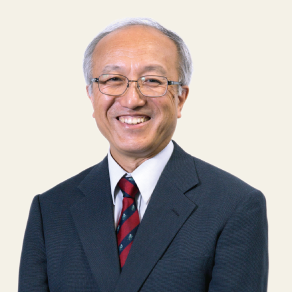
Professor
Research Expertise / Structural GeologyShigeru Otoh studies the evolution of three-dimensional geological structures and the surface environment of the Eurasian continent. He is particularly interested in the ancient plate motion that formed map-scale geological structures and caused the provenance change of clastic rocks in Japan and East Asia.
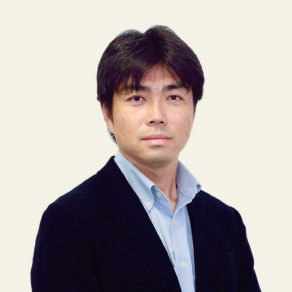
Professor
Research Expertise / Glaciology, Cryosphere Science, Environmental Earth ScienceSugiura’s research interests include the cryosphere variation and the interaction between snow cover and vegetation/soil/atmosphere/sea ice on a global scale by means of field observation, remote sensing, data analysis, numerical model and large cold room experiment.
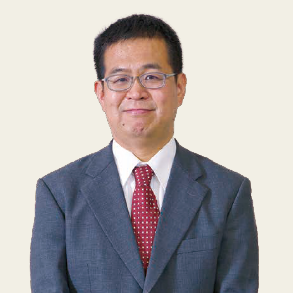
Professor
Research Expertise / Paleontology・Earth System HistorySano would like to understand the co-evolution of the Life and the Earth, mainly based on the paleontologyandstratigraphy. Nowhefocuses on the research topics such as the evolution of carbonate platform (reefal) biota in the Pacific and terrestrial ecosystem in East Asia in the Mesozoic (= the age of dinosaurs).
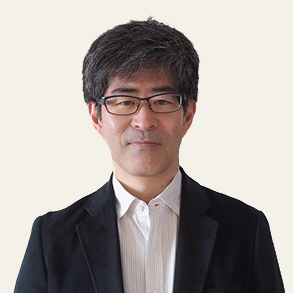
Professor
Research Expertise / 1. Physical Oceanography 2. Ocean-Atmosphere InteractionTaguchi studies oceanic adjustments and their influences on the atmosphere that are crucial for climate and its variability. He hopes to deepen our understanding of inter-regional climate linkage between tropics and mid-to-high latitudes on seasonal to decadal time-scales, and thereby contribute to the improvement of its prediction.

Associate Professor
Research Expertise / Hazardous Geology, Sedimentary Geology, Tectonic GeomorphologyTateishi does research aimed at predicting time, space and magnitude of natural hazards like earthquakes, tsunamis and landslides to reduce the damage by using quantitative analysis such as terrain analysis, physical simulation and multivariate analysis.
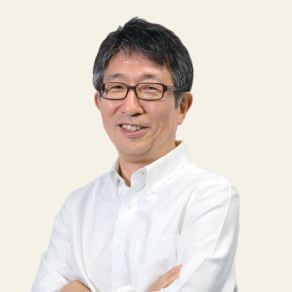
Professor
Research Expertise / Physical properties of rocks and mineralsWatanabe is interested in seismic velocity and electrical conductivity of fluid-bearing rocks to understand the distribution of fluids in the crust and mantle. Although the amount of fluids is quite low (< 1%), the fluids must play important roles in geodynamic processes including earthquakes, magmatism, etc. He tries to interpret geophysical observations based on high pressure experiments.
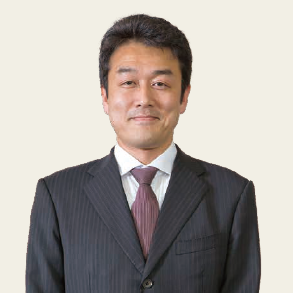
Associate Professor
Research Expertise / Earthquake GeologyYasue is interested in: 1) field research of tectonic deformation by geomorphological and geological methods; 2) research and development on dating technique of unconsolidated deposits; and, 3) empirical study about community design using the Geo-story created based on landform and geology of regional scale.
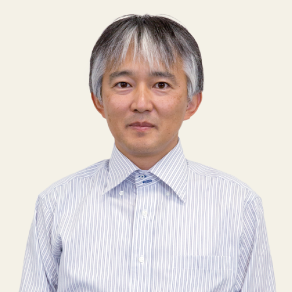
Professor
Research Expertise / Tropical Meteorology, Mesoscale MeteorologyYasunaga does research aimed at understanding interactions between cumulus convection and large-scale flow. Examples include cloud organization (associated with Madden-Julian Oscillation (MJO) and equatorial waves) in the tropics as well as severe weather along the coastal areas of the Sea of Japan.